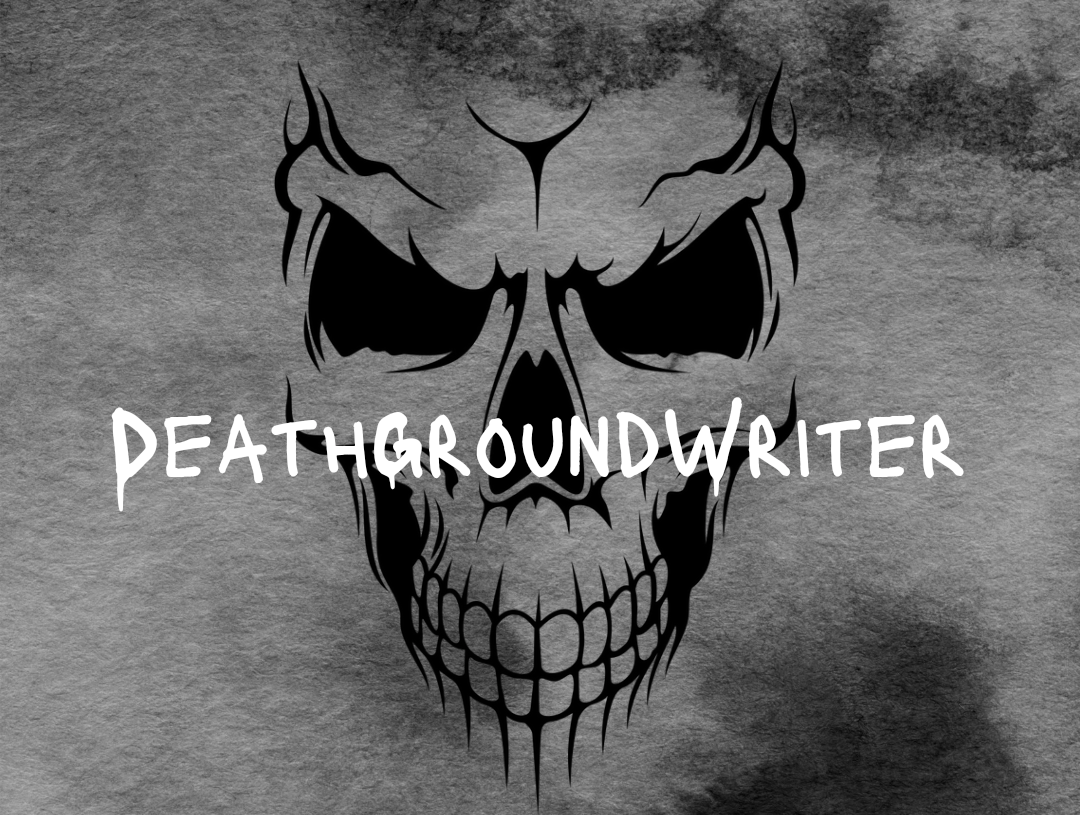I’ve heard it said that we dream every night, but we usually don’t remember our dreams. Seldom do I remember mine. Only a handful of times can I recall the details of my dreams vividly, and the few fragments I do remember seem like they would serve as inspiration for a really good horror novel, or collection of shorter stories. I’ll tell you about them, and perhaps in my examination, further inspiration will germinate.
Back in high school much of my writing consisted of emotional ejaculations all over numerous notebook pages–free verse entries I claimed to be heavy metal lyrics. Me and a group of school chums started a power metal band called Codessa. I took on bass playing duties and lead vocals. Day in and day out, while I should have been taking notes and completing homework, I spent most of my time indulging in my teenage angst, writing songs with titles like, “Internal Bleeding”, “A Demons Crucifixion”, and “Can’t Deal With Myself When I’m Dealing With You”, and composing nauseating doggerel with lines like this, “Your hypnotizing scream. What does it mean? The confusion of this is making me insane. In this world of the mentally ill. All souls I’d kill. Kill the will to feel.” So on and so forth. Stilted bursts of trivial vexation.
No surprise, the band didn’t make it. We all graduated high school and went our separate ways, as the story always goes. Then one night I had the dream. I know what partly inspired it. Having seen the movie The Ring not too long before my nightmare, I’m sure the wretched figure crawling out of the screen in the movie played an influencing role.
I found myself in a derelict church. Cobwebs festooned the corners of the ceiling and draped over the abandoned pews. I stood at the end of the aisle, near the pulpit. Waiting. A storm raged outside. Rain and wind pummeled the building. Thunder rumbled. I saw her, a woman in a white wedding dress, face covered with a veil, slowly walking toward me, hands behind her back. I waited as the lightning flashed, highlighting the scene with flickers of electric blue. Soon she stood before me, removing the veil with one emaciated hand, revealing a desolate gray face that hissed at me with horrid anguish. No eyes in that gaunt skull, just pits of darkness. She then revealed a dagger with her other hand and stabbed me repeatedly. The last thing I saw before waking up was the sight of my bleeding body curled up on the ground.
I was stunned. I remember every detail with near perfect clarity. The dream is responsible for my renewed efforts at writing fiction. I abandoned my efforts of writing lyrics for heavy metal music after experiencing this dream. I wanted to complete the story the nightmare image suggested. I’m still seeking the answers.
Years later, another nightmare hit me like a high velocity bullet. I woke up feeling like I had been physically indented by the dream, as if something had entered me. Again I wandered about a nearby church. There was a small graveyard just behind the church building. A sickening feeling of terror overwhelmed me as I walked amongst the gravestones. All of them were marked with strange graffiti (by golly, I think I just discovered the title for this story–strange graffiti), alien symbols of crosses, swirling circles, and bizarre shapes covered each grave marker. I wanted to scream, but for some reason I couldn’t. It was too overwhelming for me. I wanted to run away, but the nightmare held me in that unholy, desecrated place. I awoke gasping, as though I had escaped a room filling with poisonous gases.
Nightmare shards, fragments of what could be. In time, my friends, these tormenting visions will be made whole.




